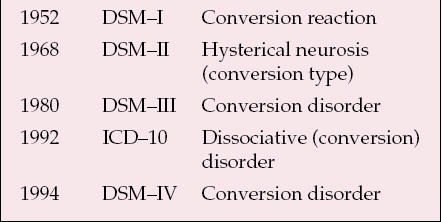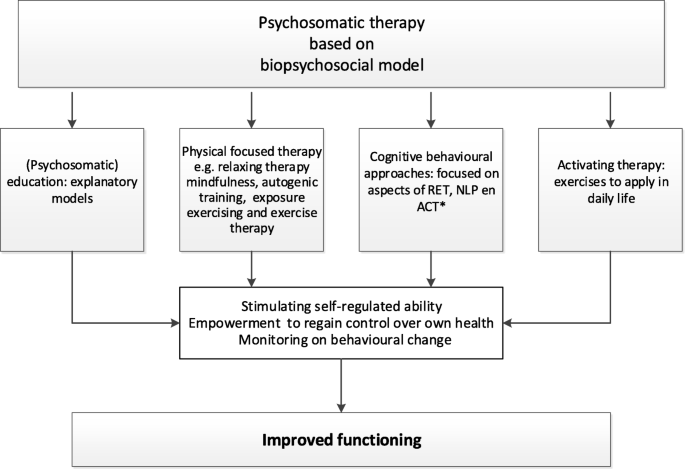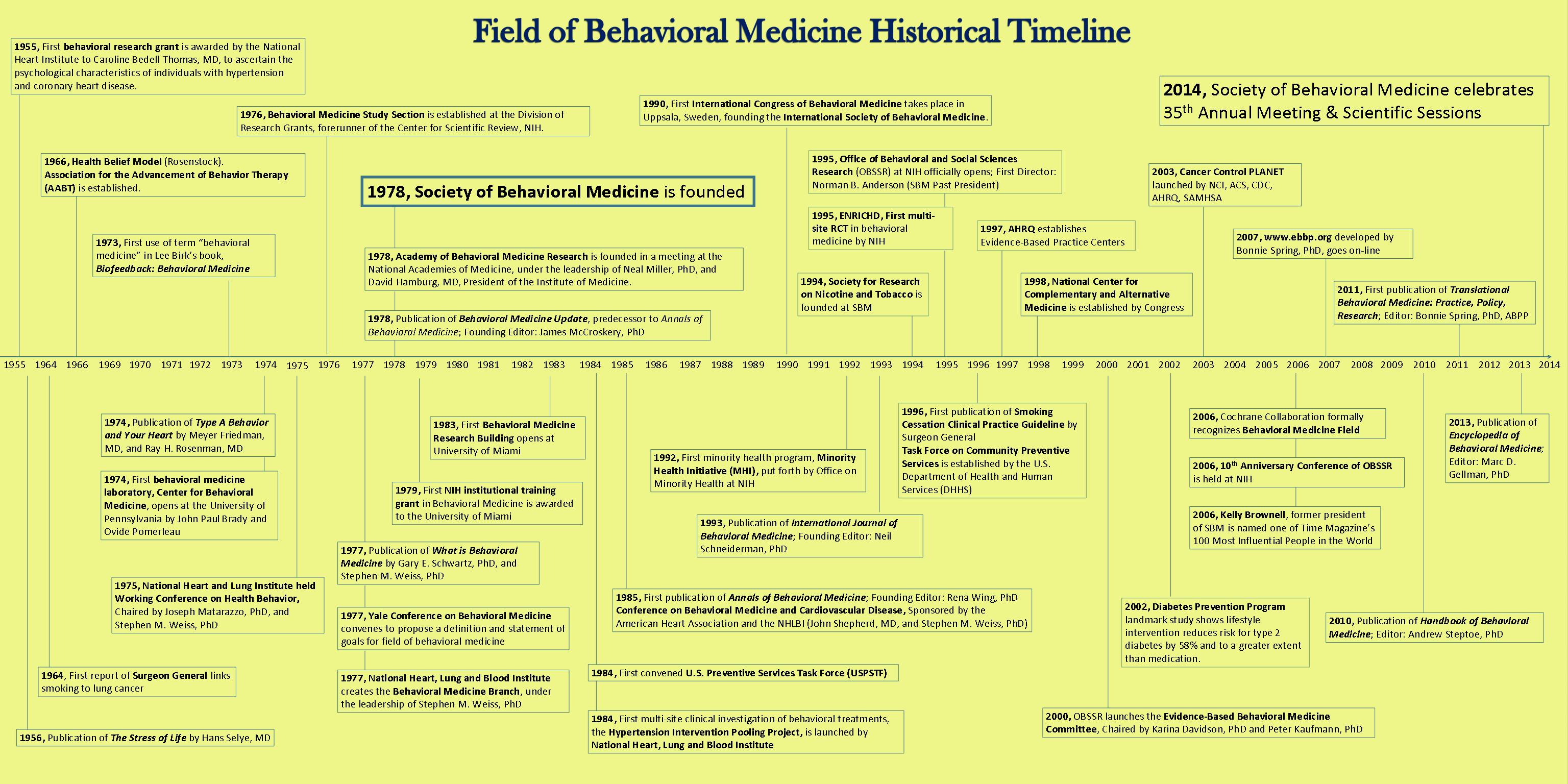Introduction
Health psychology is a rapidly growing field that examines how psychological, behavioral, and social factors influence physical health and illness. The role of psychology in health psychology is important. Health psychology is rooted in both psychology and medicine, drawing upon multiple disciplines to improve health outcomes. The field emerged from early psychoanalytic theories, particularly those of Sigmund Freud, and later incorporated behavioral and cognitive approaches. Today, health psychology focuses on promoting health, preventing illness, and enhancing healthcare delivery through evidence-based psychological interventions.
Read More- Health Psychology
Role of Psychology in Health Psychology
The connection between psychology and health dates back to ancient Greece, where philosophers like Hippocrates and Galen proposed that emotional and psychological factors influenced physical health. However, the formal integration of psychology into health research and practice did not occur until the early 20th century. Sigmund Freud, a physician and neurologist, played a significant role in linking psychological factors with physical symptoms through his concept of “conversion hysteria.” Freud observed that some patients exhibited physical symptoms, such as paralysis or loss of sensation, without any apparent organic cause. He theorized that these symptoms were the result of unconscious emotional conflicts, which were “converted” into physical manifestations (Alexander, 1950).

Evolution of Terminology
This idea laid the foundation for psychosomatic medicine, a field dedicated to studying the interaction between psychological states and bodily processes. Freud’s work suggested that mental processes could directly impact physical health, an idea that would later be expanded upon by researchers in psychosomatic and behavioral medicine.
Psychosomatic Medicine
Psychosomatic medicine emerged as a distinct field in the 1930s, emphasizing the mind-body connection. The journal Psychosomatic Medicine was established to publish research on how emotional and psychological factors contribute to physical illnesses. Early psychosomatic researchers, such as Franz Alexander (1950), investigated conditions like ulcers, hypertension, asthma, and arthritis, proposing that unresolved emotional conflicts and stress played a critical role in the development of these disorders.

Psychosomatic Therapy
One of the early case studies in psychosomatic medicine involved a 23-year-old man with a bleeding ulcer. Alexander (1950) hypothesized that the patient’s dependency on his mother created emotional stress, which led to the development of the ulcer. The patient’s condition improved after therapy, suggesting that psychological interventions could influence physical health outcomes. Over time, psychosomatic medicine expanded beyond psychoanalytic interpretations and began incorporating biological, behavioral, and social perspectives (Duberstein, 2004).
The Development of Behavioral Medicine and Health Psychology
While psychosomatic medicine focused on the psychological origins of illness, behavioral medicine and health psychology emerged in the 1970s as broader interdisciplinary fields. These disciplines sought to understand and modify behaviors that contribute to health and disease.
Behavioral Medicine
Behavioral medicine integrates knowledge from psychology, medicine, sociology, and other disciplines to study health-related behaviors and interventions. The Society of Behavioral Medicine was established to promote research and practice in this area, and the Annals of Behavioral Medicine became its official journal (Gentry, 1984).
Behavioral medicine is grounded in behaviorism, a psychological approach that explains behavior in terms of learning principles. Two primary forms of conditioning contribute to behavior change-
- Classical Conditioning: A process where a neutral stimulus becomes associated with an unconditioned stimulus, eliciting a conditioned response. For example, if a person repeatedly experiences nausea after chemotherapy, they may develop nausea in response to the hospital environment alone.
- Operant Conditioning: A learning process where behaviors are influenced by their consequences. Positive reinforcement strengthens desired behaviors, while punishment reduces undesirable ones. For instance, reward systems have been used to encourage smoking cessation and weight loss (Sarafino, 2001).

History of the Field of Behaviour Medicine
Research in behavioral medicine has demonstrated that psychological factors directly influence physiological processes. For example, stress and anxiety can lead to increased blood pressure and hormonal imbalances, contributing to cardiovascular disease. Additionally, studies have shown that people can learn to control autonomic functions, such as heart rate and muscle tension, through biofeedback (Miller, 1978). Biofeedback has since been used to treat conditions such as migraines and chronic pain by helping patients gain voluntary control over their physiological responses.
Progress in Health Psychology Goals
Health psychology, a subfield within psychology, was formally recognized in 1978 by the American Psychological Association (APA). Unlike behavioral medicine, which is interdisciplinary, health psychology is primarily rooted in psychological theories and methods (Sarafino, 2004). The field focuses on understanding how psychological, social, and biological factors influence health and illness.
Joseph Matarazzo (1982), the first president of the APA Division of Health Psychology, outlined four key goals of health psychology-

Goals of Health Psychology
- Promoting and Maintaining Health- Health psychologists study behaviors such as smoking, exercise, alcohol consumption, and dietary choices to develop effective interventions for promoting healthy lifestyles. For example, public health campaigns use psychological principles to encourage smoking cessation and physical activity.
- Preventing and Treating Illness- Psychological interventions play a critical role in disease prevention and management. Cognitive-behavioral therapy (CBT) has been used to help patients cope with chronic illnesses, such as diabetes and heart disease, by addressing stress, depression, and health-related behaviors.
- Identifying Causes and Diagnostic Correlates of Health and Illness- Health psychologists investigate the psychological and social determinants of disease. Studies have shown that personality traits, such as hostility and neuroticism, are associated with an increased risk of cardiovascular disease (Kring et al., 2010).
- Improving Healthcare Systems and Policies- Psychologists work to enhance healthcare delivery by studying doctor-patient communication, hospital environments, and patient adherence to medical recommendations. Their research informs policies that improve healthcare quality and efficiency.
Integration of Psychology in Healthcare
Although psychosomatic medicine, behavioral medicine, and health psychology share common goals, they differ in their primary focus. Psychosomatic medicine emphasizes the mind-body relationship within medical disciplines, behavioral medicine applies learning theories to health behavior change, and health psychology incorporates psychological theories to address health and illness (Sarafino, 2001).
Behavioral and Cognitive Interventions
Behavior modification techniques, derived from behaviorism, have significantly contributed to health psychology’s objectives. These techniques include-
- Behavioral Methods: Applying reinforcement principles to encourage healthy behaviors. For example, workplace safety programs that reward employees for wearing protective gear have successfully reduced work-related injuries (Fox, Hopkins, & Anger, 1987).
- Cognitive Methods: Helping individuals alter maladaptive thoughts and emotions related to health. For instance, cognitive restructuring techniques have been used to reduce chronic pain and improve quality of life (Turner, 1982).
The Expanding Role of Health Psychologists
As health psychology continues to evolve, professionals work in various settings, including hospitals, clinics, research institutions, and academic environments. Health psychologists contribute by-
- Assisting patients in coping with illness and disability
- Developing interventions for lifestyle changes
- Conducting research on psychological factors in health and disease
- Educating healthcare providers on patient communication and adherence strategies
Conclusion
The role of psychology in health has evolved from early psychoanalytic theories to an evidence-based, interdisciplinary field that integrates psychological, social, and biological factors. Health psychology aims to promote well-being, prevent illness, and improve healthcare delivery through research and clinical practice. As the field continues to grow, psychologists will play an increasingly vital role in shaping public health policies and improving patient outcomes.
References
Alexander, F. (1950). Psychosomatic medicine: Its principles and applications. W. W. Norton.
Belar, C. D., & McIntyre, T. M. (2004). Health psychology: A discipline and a profession. American Psychological Association.
Duberstein, P. R. (2004). Psychosomatic medicine: The pioneering years. Psychosomatic Medicine, 66(3), 311-315.
Fox, D. K., Hopkins, B. L., & Anger, W. K. (1987). The long-term effects of a token economy on safety performance in open-pit mining. Journal of Applied Behavior Analysis, 20(3), 215-224.
Gentry, W. D. (1984). Handbook of behavioral medicine. Guilford Press.
Kring, A. M., Johnson, S. L., Davison, G. C., & Neale, J. M. (2010). Abnormal psychology. Wiley.
Matarazzo, J. D. (1982). Behavioral health and behavioral medicine: Frontiers for a new health psychology. American Psychologist, 37(2), 807-817.
Miller, N. E. (1978). Biofeedback and visceral learning. Annual Review of Psychology, 29(1), 373-404.
Sarafino, E. P. (2001). Health psychology: Biopsychosocial interactions. Wiley.
Subscribe to Careershodh
Get the latest updates and insights.
Join 16,446 other subscribers!
Niwlikar, B. A. (2025, February 11). Role of Psychology in Health Psychology and 4 Important Progress in Health Psychology Goals. Careershodh. https://www.careershodh.com/role-of-psychology-in-health-psychology/
